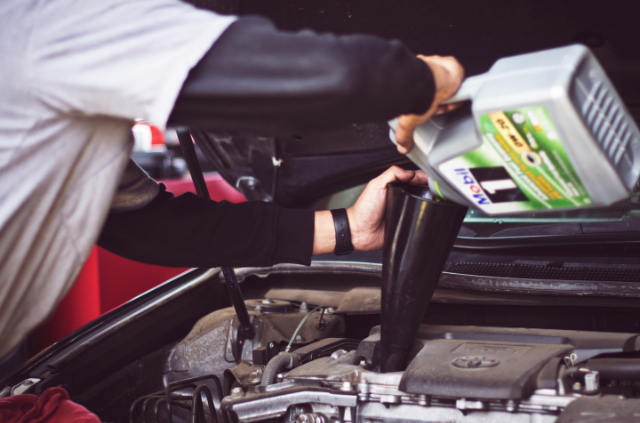
28 October 2021
Assessment of EPR Schemes for Lubricants in Europe
In 2020, RDC Environment conducted a comprehensive European benchmark study on behalf of ADEME. This study focused on exploring and evaluating the Extended Producer Responsibility (EPR) schemes designed to manage the collection and processing of waste oils across various European countries (EPR schemes for lubricants).
In France, up until 2015, the collection of used oil was offered free of charge to holders. However, in 2016, a significant drop in the prices of used oil led the government to allow, on a temporary basis, the charging of fees for the collection and processing of used oil in mainland France. To conclude this transitional phase, AGEC Act of February 10, 2020, mandated the establishment of an Extended Producer Responsibility (EPR) system for lubricants starting January 1, 2022. This new system is expected to ensure the coverage of collection costs, extending its benefits to Overseas France as well.
Objectives of the study
In this context, ADEME (the French agency for ecological transition) has commissioned RDC Environment to carry out a European assessment of the EPR schemes for lubricants: set up to manage the collection and processing of used oils.
The purpose of this study was to anticipate the implementation of the EPR lubricants sector in France, and more specifically to :
- Identify the key questions from French stakeholders regarding the implementation of EPR for lubricants.
- Provide all these stakeholders with information on the on the operational aspects of EPR systems in other European Union countries.
- Enlighten and enrich the thought-process of stakeholders on the implementation of EPR in France.
The Categories of Products Studied
The studied product categories are:
- Equipment featering high proportions of electronic components: television, laptop, smartphone, printer
- Household appliances featuring low proportions of electronic components : washing machines, refrigerators, dishwashers, dryers, ovens, vacuum cleaners, microwaves
- DIY, gardening and technical household equipment: lawnmower, jigsaw
- Clothing items: shirts, T-shirts, jeans, dresses
- Furniture: particle board cabinets
Results
The study successfully identified various mechanisms employed by five countries chosen for detailed analysis: Belgium, Spain, Greece, Italy, and Portugal.
Key areas such as collection, regeneration, quality of recycled lubricants, prevention, eco-design, and cost control systems were thoroughly examined.
Following this, a comprehensive cross-sectional analysis was conducted on these systems, culminating in an evaluation of their potential applicability and adaptation within the French context.
